Greg Pruitt wanted to give the fans at Cleveland Municipal Stadium one final gift before the Browns played their final home game in 1975.
As Pruitt took the field for his final home appearance of his third NFL season, he had one goal on his mind: reach 1,000 rushing yards. He accrued 816 of them so far that season, and his goal was to break into the esteemed four-digit territory in front of the home fans.
The Browns were 2-10 and nearing the end of a second consecutive losing season, but Pruitt had been a bright spot — he emerged as one of the top running backs in the league and had already built a career-best season.
But to truly make it special, Pruitt needed to crack the 1,000-yard mark.
"What makes you different from everybody is you rush for 1,000 yards," he said in a recent Club 46 interview with Jay Crawford. "I was going to get 1,000 yards. I knew that. But that was the last home game. I wanted to get it at home, and I had to get over 200 yards to do it."
So Pruitt ran, ran and ran some more through the Chiefs' helpless defense. Pruitt could not be stopped, and he plowed through defenders all afternoon for 214 yards and three touchdowns on 26 carries.
Not only did Pruitt crack 1,000 yards, but he built one of his best games ever in the NFL, and the Cleveland crowd serenaded Pruitt with a standing ovation once he reached the seasonal milestone.
"I was so excited about getting 1,000 yards," Puritt said. "That's my fond memory. They all started celebrating."
The Cleveland Browns Presents: Club 46 - player stories through generations of football
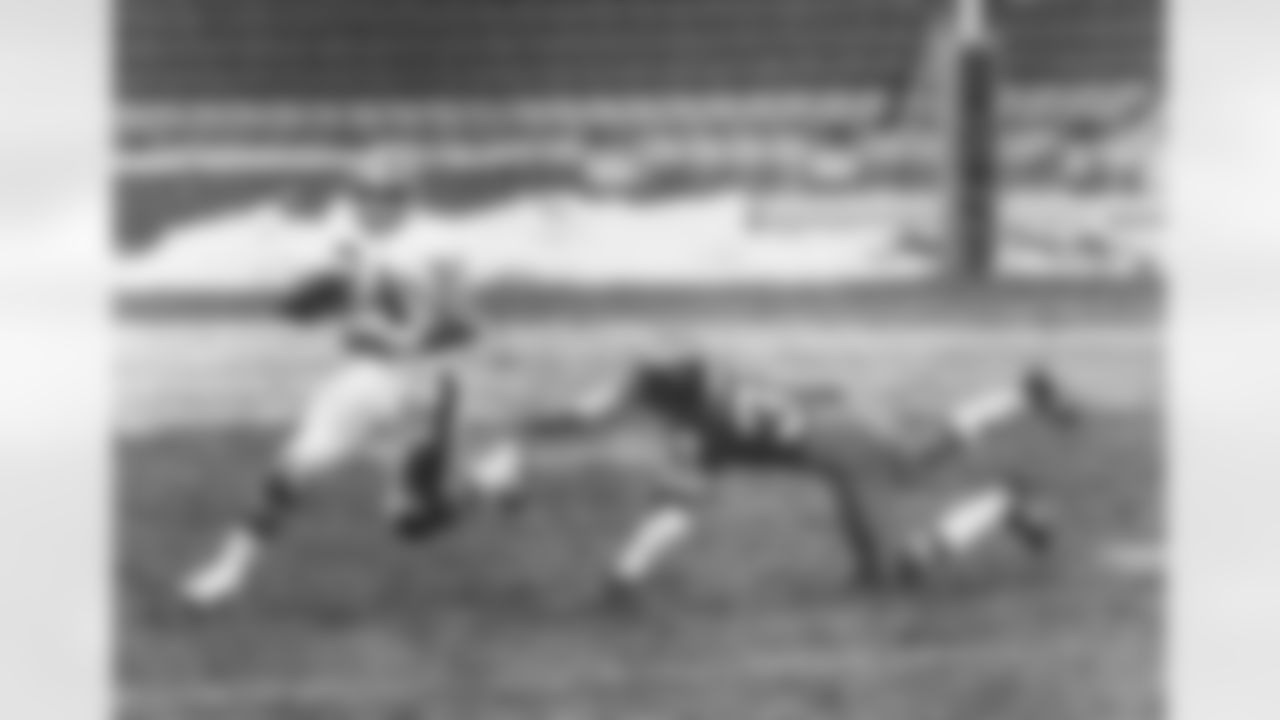
Greg Pruitt

Greg Pruitt
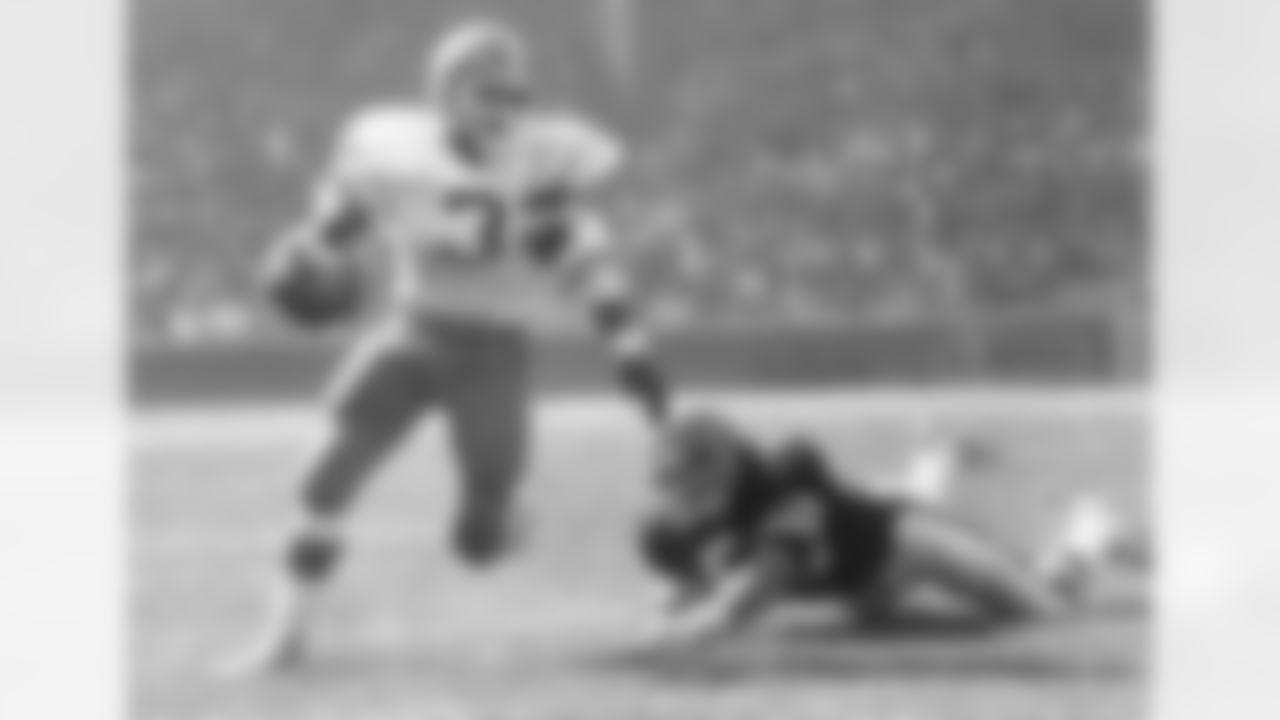
Greg Pruitt

Greg Pruitt
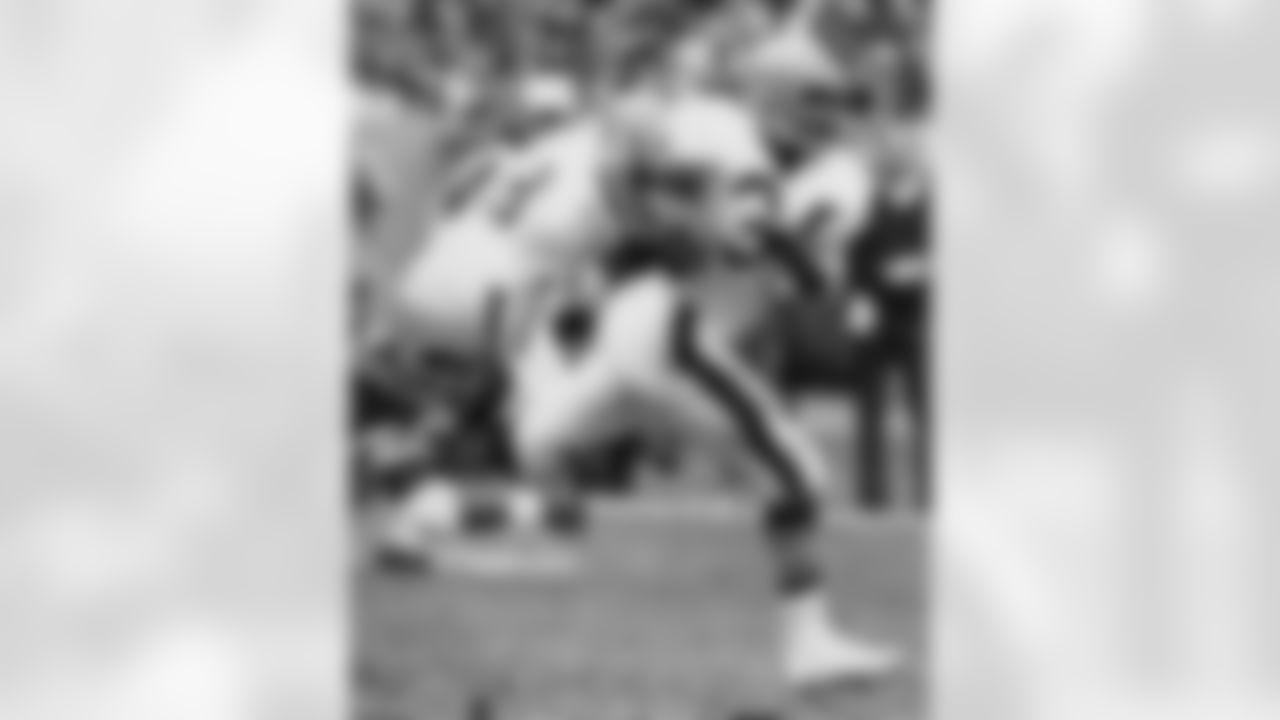
Greg Pruitt
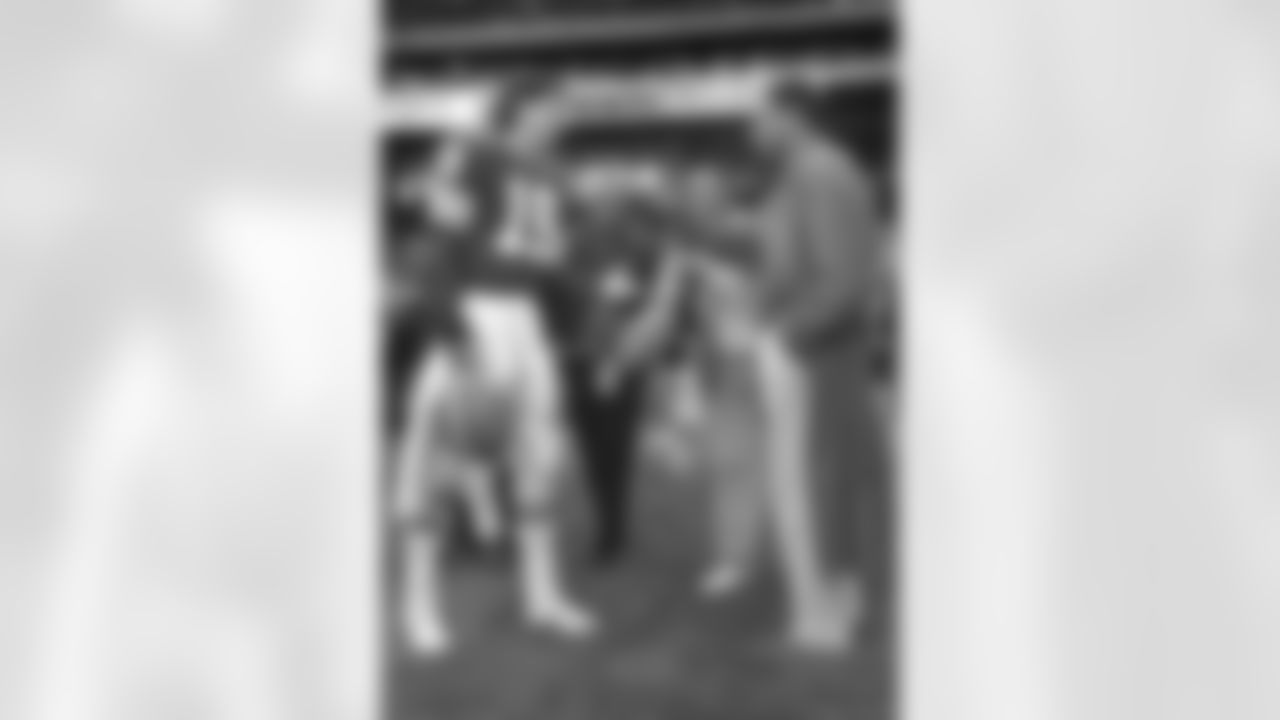
Greg Pruitt
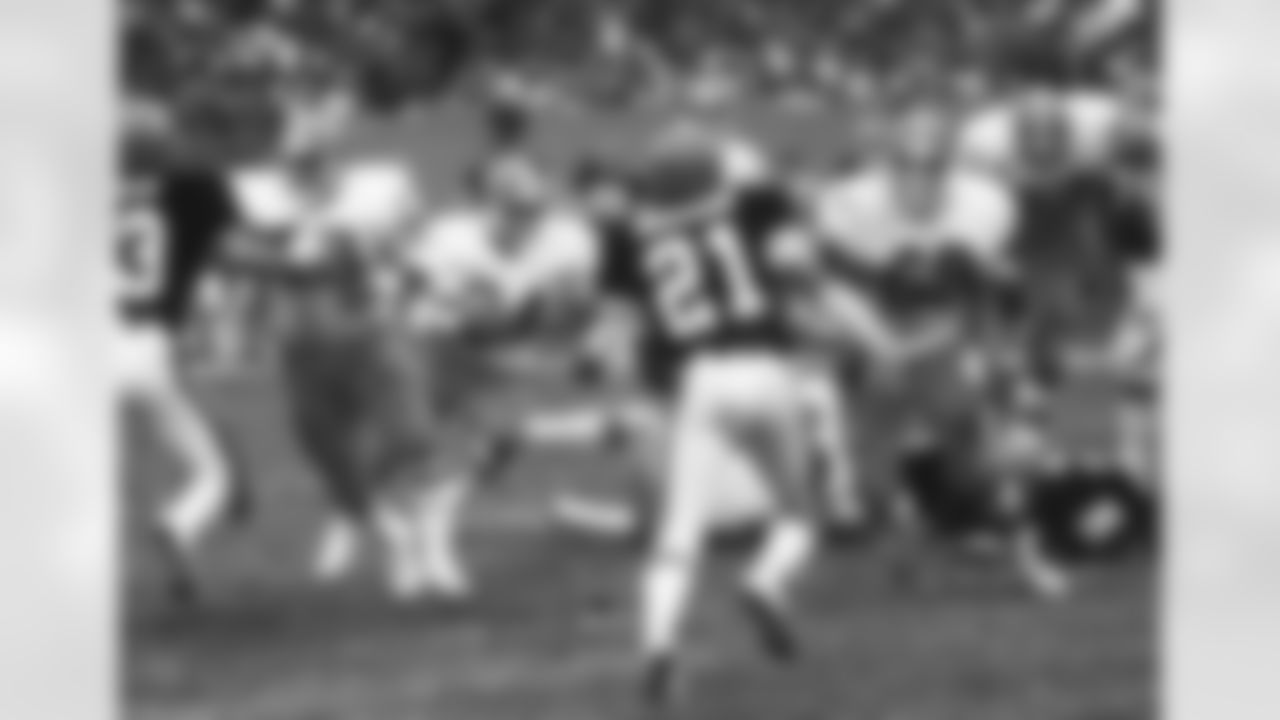
Greg Pruitt
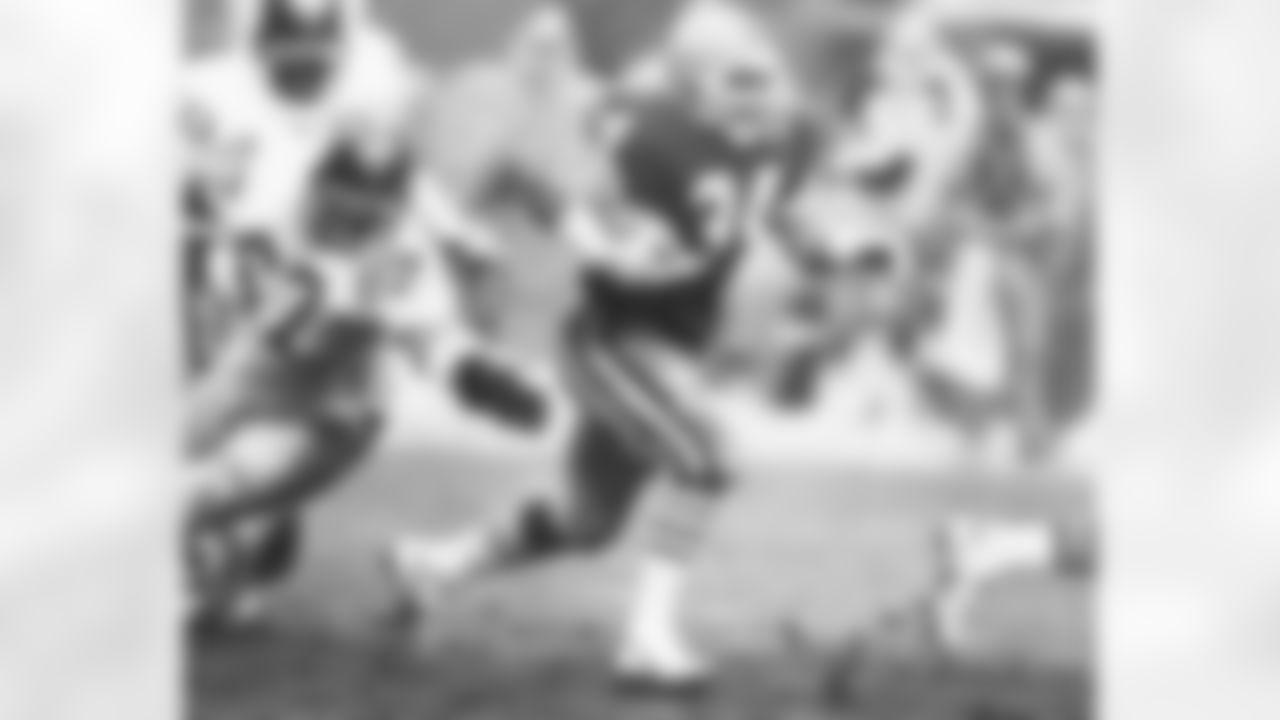
Greg Pruitt
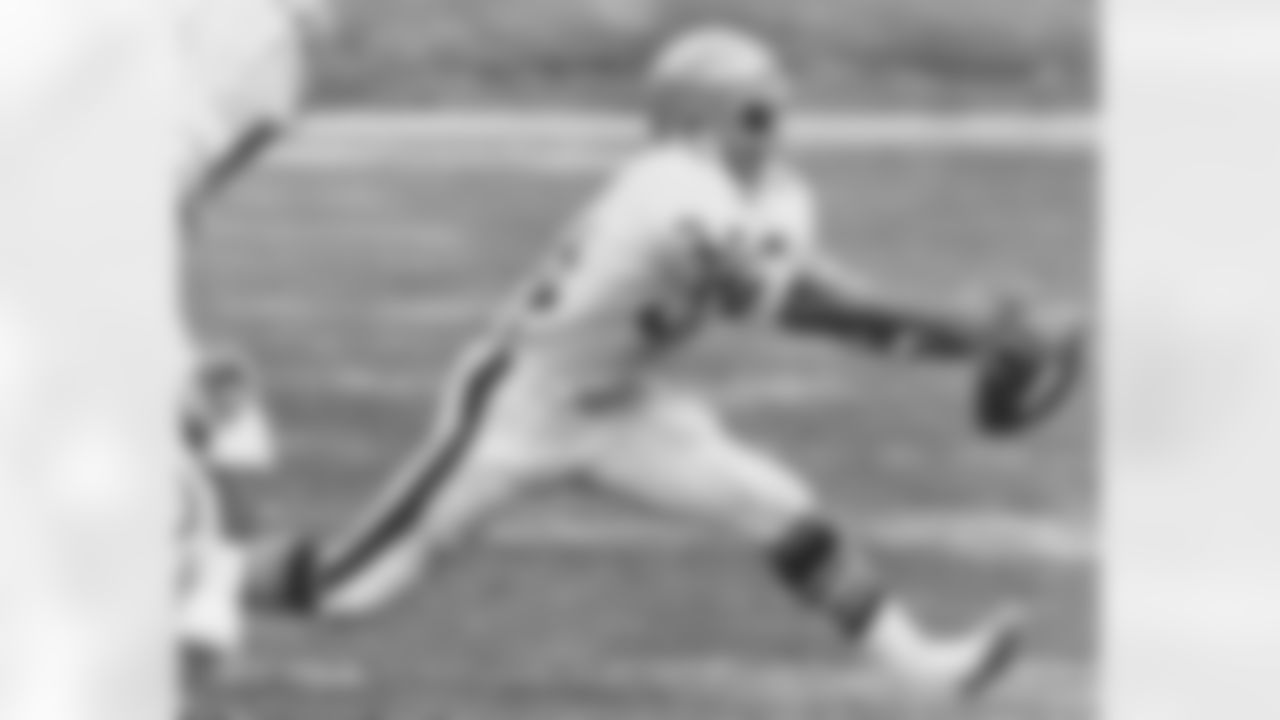
Greg Pruitt
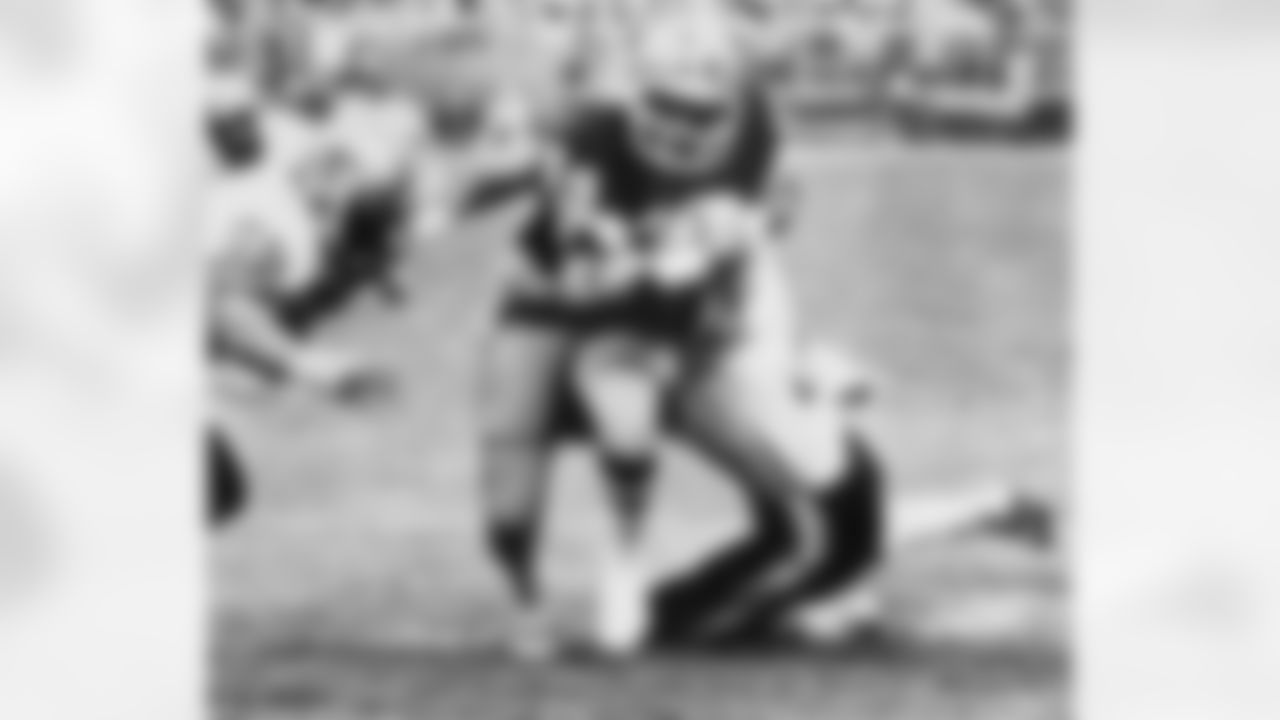
Greg Pruitt
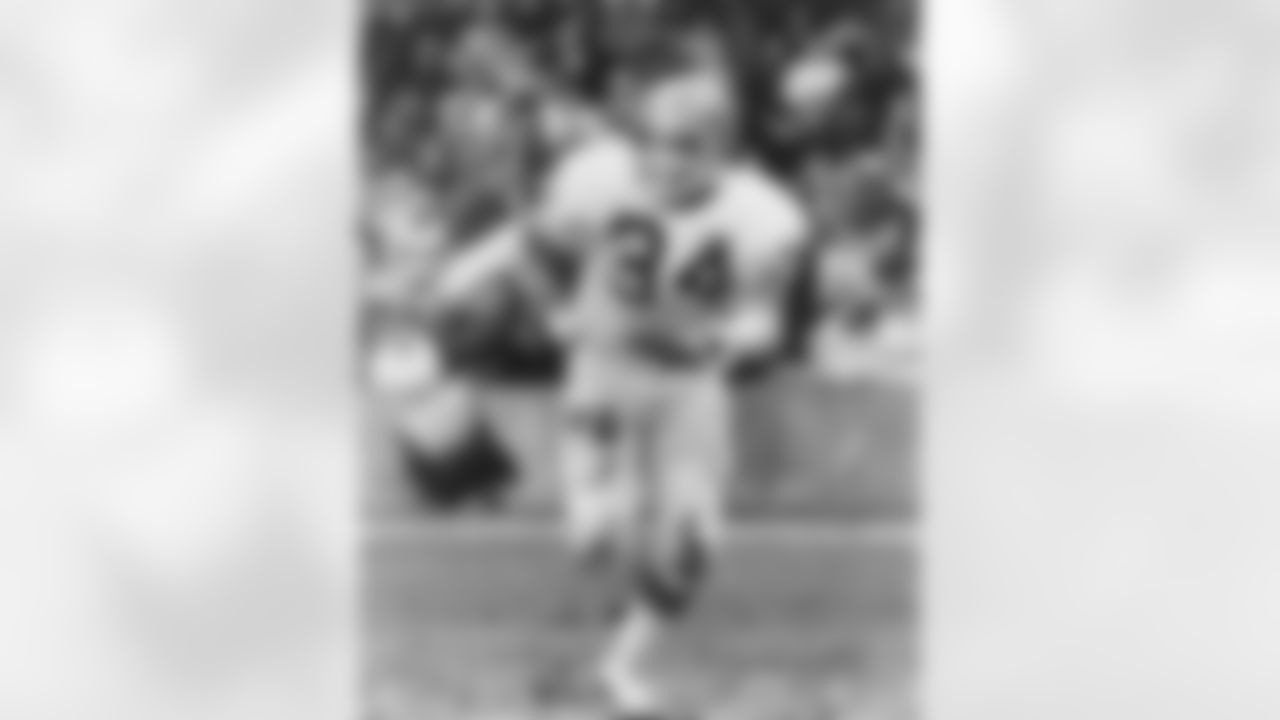
Greg Pruitt
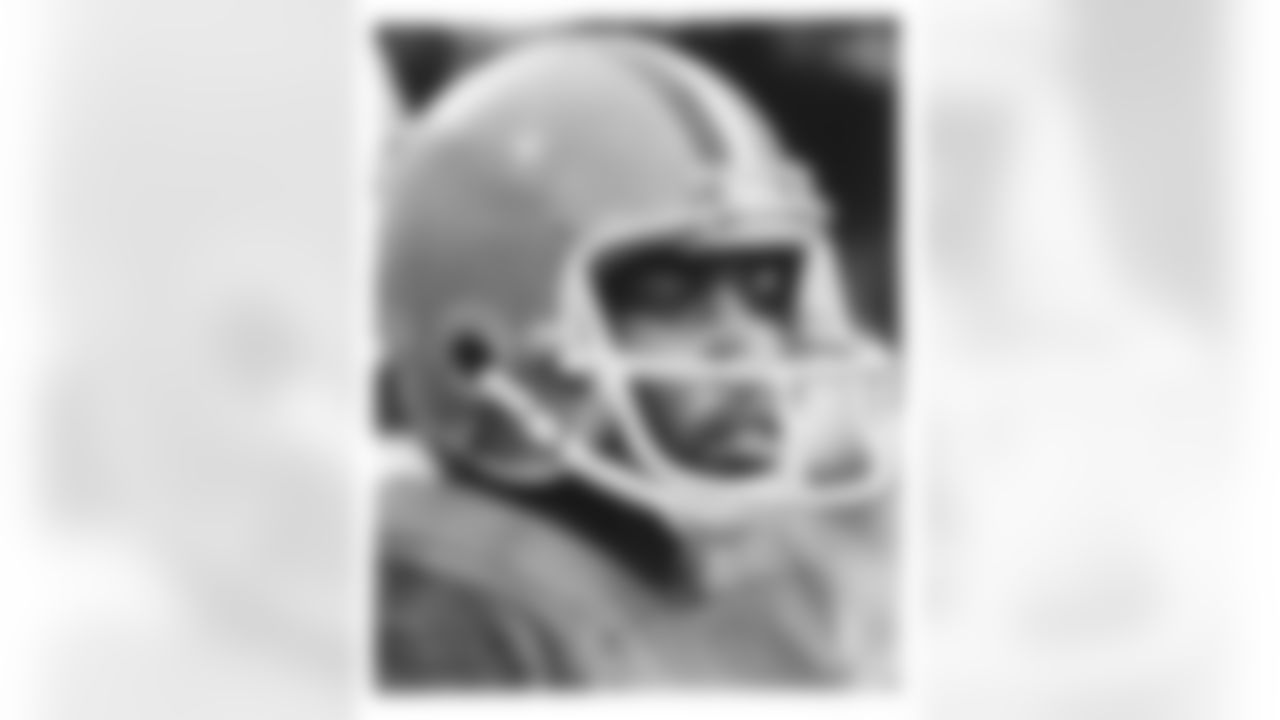
Greg Pruitt
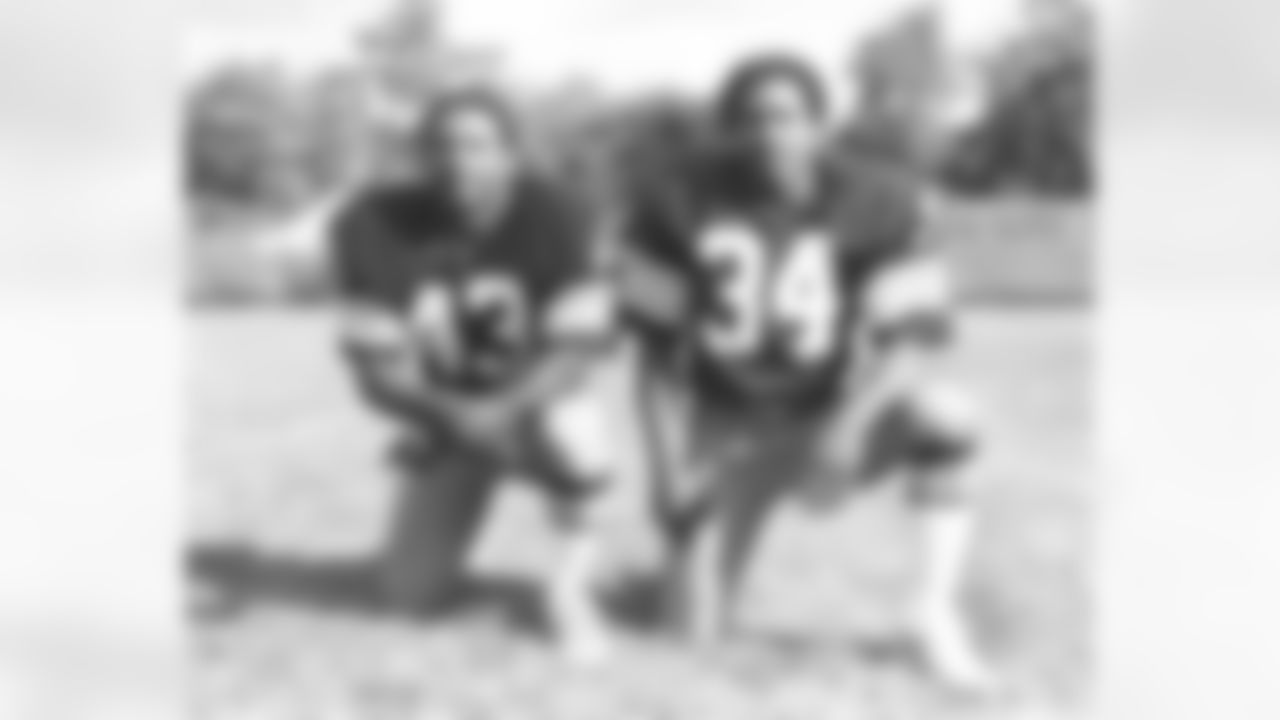
Greg Pruitt
But the achievement was just a small chapter of a legendary career in Cleveland. Pruitt rushed for over 1,000 yards in the next two seasons and spent the next six years building one of the best careers in franchise history. When his time with the Browns ended, he had rushed for 5,496 yards, third-most in franchise history at the time, with 25 touchdowns as well as 3,022 receiving yards and 17 touchdowns through the air.
Pruitt had etched his name into the same realm as previous Browns running back legends in Jim Brown and Leroy Kelly, his two predecessors, and his legacy has always been remembered fondly throughout the franchise.
Pruitt's path to dominance in the NFL was evident when he was a running back at Oklahoma. His biggest season came in 1971, when he became the Sooners' lead back and rushed for a staggering 1,760 rushing yards and 18 touchdowns. Pruitt averaged 9 yards per carry that season, and although he "regressed" to 938 rushing yards and 13 touchdowns for his final college season, he was still very much a high draft prospect for the 1973 NFL draft.
Or so he thought.
Pruitt believed he was going to be drafted by the New England Patriots. Chuck Fairbanks, who was Pruitt's head coach at Oklahoma, became head coach of the Patriots after the 1972 season. New England had three first-round draft picks, and Pruitt was positive he was going to be one of them.
"I knew I was going to be one of those picks," he said. "We had already planned the party. After it was official, we were going to celebrate."
The plan never became official — Pruitt wasn't selected. He wasn't even picked in the first round. So, on Day 2 of the draft, Pruitt decided to play golf. He wasn't going to pay attention to the draft frenzy after undergoing the dread of being passed up on Day 1.
But Pruitt wasn't on the board much longer. The Browns owned the first pick of the second round, and they needed to find a promising running back capable of replacing the legendary Leroy Kelly, who had just finished his 10th season with the Browns.
So they picked Pruitt, who found out he was drafted after a reporter found him on the golf course.
Yes, that's how Pruitt found out he was going to Cleveland.
"One thing about golf, it was a great place to hide," he said. "I went to the backside of this golf course and some reporter found me and said, 'You've just been drafted by the Cleveland Browns.' Man, I was... Oh, I was just happy."
Pruitt knew all about the storied careers of the two previous Browns running backs that came before him. No player built a career quite like Brown — whom Pruitt rooted for as he watched him on TV in Houston even though he was a Cowboys fan — and every football fan in the country knew about Kelly, who marvelously filled the shoes of Brown upon his retirement.
Now, it was Pruitt's turn to do the same. Kelly retired after the 1973 season, and the starting running back job became his in 1974. His shiftiness and speed immediately shined through in his rookie year, when he was selected to the Pro Bowl, and grew even brighter in 1974, which also ended with Pro Bowl honors.
Pruitt became famous for wearing tearaway jerseys, which were 100 percent cotton-made and shredded away with ease when a defender grabbed hold. He often needed multiple jerseys for each game until the league banned the jersey in 1979, but by then, Pruitt had already added his name to the prominent list of elite Browns running backs.
"I never gave guys a wrap up, block or dump easily," he said. "They had to pull me down or to tackle. And not being a big guy, that was effective for them. But if you gave them only a handful, and that handful was not anything solid, it helped. The style really helped the jersey more so than the jersey helped the style."
Pruitt spent his final three seasons with the Los Angeles Raiders, where he was sparingly used in the offense and never reached the same level of notoriety he built with the Browns. His days in the NFL were coming to a close, but his legacy with Cleveland was already sealed.
He always wanted to play at his best for the Browns. He needed to because of the history of who played running back before him. And he wanted to because the fans always deserved it.
"I played as hard as I could play when I played. I played to win," he said. "I understood the fans in Cleveland. I appreciated them. It made a difference for me. When I hit that tunnel and those people stand up … I expected it. I was never disappointed."













